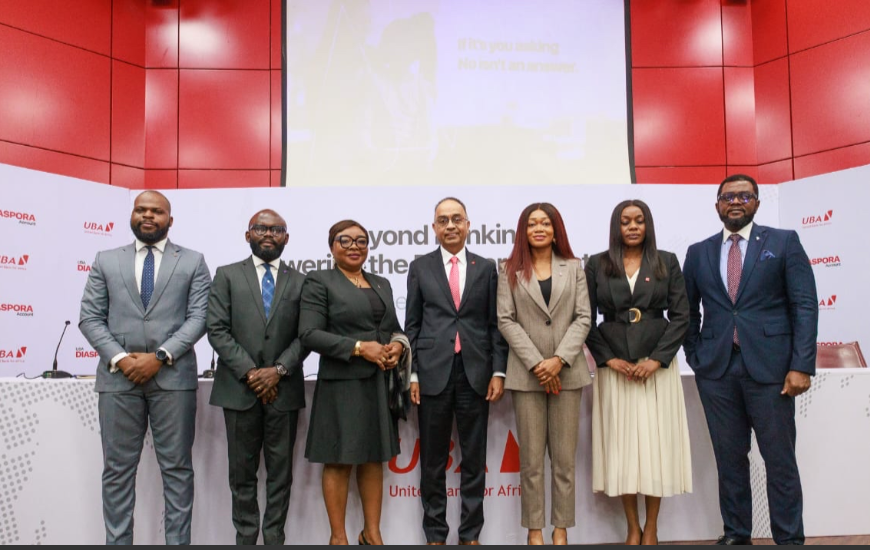

Global: Oil Prices to drop amid growing demand concerns
Uncertainty continues to dominate oil markets, with demand concerns outweighing supply shocks and pushing oil prices towards a monthly decline, according to OilPrice.com.
Oil markets experienced significant volatility this week, initially spurred by Libya’s oil blockade, which created a supply shock. However, traders soon shifted their focus to concerns over weakening Chinese demand. Meanwhile, Iraq has been increasing pressure on Kurdish producers to scale back output, and the US has released positive macroeconomic data. Early Friday, oil prices fell again, with Brent trading at $78.54 and WTI dipping below $75.
In a strategic shift towards higher-growth assets, ExxonMobil (NYSE), the leading US producer, is reportedly planning to sell around $1 billion worth of non-core assets in the Permian Basin. The sale includes 14 asset groups, with eight currently operated by Exxon.
By the end of this week, over half of Libya’s crude production, approximately 700,000 barrels per day, was offline after the eastern Benghazi government halted operations at key fields, including Sharara, Sarir, Abu Attifel, and Amal, and blocked most of the country’s export terminals.
US pipeline operator ONEOK (NYSE) announced its acquisition of midstream assets across the country from Global Infrastructure Partners for $5.9 billion. This move follows its $19 billion purchase of Magellan Midstream less than a year ago, strengthening ONEOK’s position in the Permian.
The federal Iraqi government has issued an ultimatum to the Kurdistan Regional Government to reduce crude production, following reports that the region’s output has reached 350,000 barrels per day, which is undermining Iraq’s commitments to the OPEC+ compensation plan.
The 18 million tons per annum (mtpa) Golden Pass LNG project, jointly developed by ExxonMobil (NYSE) and QatarEnergy, has requested a regulatory extension until November 2029. This comes after its contractor, Zachry Industrial, filed for bankruptcy amid a dispute over $2.4 billion in cost overruns.
UK-based energy giant Shell (LON) is reportedly considering a 20% reduction in its oil and gas exploration and development workforce. This decision follows the company’s decision to scale back investments in renewables and low-carbon initiatives, aiming to cut costs by $2-3 billion.
After Houthis attacked the Greek-flagged Sounion tanker in the Red Sea last week, still leaking into the sea, the cost of additional war risk insurance for ships sailing through the Red Sea more than doubled to 1% of the vessel’s value from 0.4% before the attack.
Despite much more robust hydro and solar generation this year, China has boosted its coal production to all-time highs as its July output reached 390 million tonnes, seeking to avoid blackouts at a period of peak air conditioning demand.
The city of Baltimore sued US shale oil producers Occidental, Hess, Pioneer, Diamondback, and others for conspiring to lower production and boost petroleum product prices even if most are not refiners, mostly stemming from the FTC’s Pioneer probe.
The UK government stated it would not defend its largest upcoming oil projects Rosebank and Jackdaw after Greenpeace won a Supreme Court case, seeking to overturn their development approvals on the grounds that emission impacts were not assessed properly.
Qatar is in talks with the German government over possibly purchasing Russian state oil firm Rosneft’s 54.17% stake in the Schwedt refinery that feeds the capital city Berlin, after Berlin put the assets under a government trusteeship two years ago.
The Biden administration said it had finalized a plan to accelerate the development of solar energy on 31 million acres in federal lands in 11 western states, eyeing high solar radiation and low conflicts with wildlife and plant habitats.
Dry weather across Germany has led to low water levels in the River Rhine, preventing cargo vessels from sailing fully loaded and boosting freight rates as drought surcharges kicked in, but the impact is not expected to be as substantial as in 2022-2023.
















